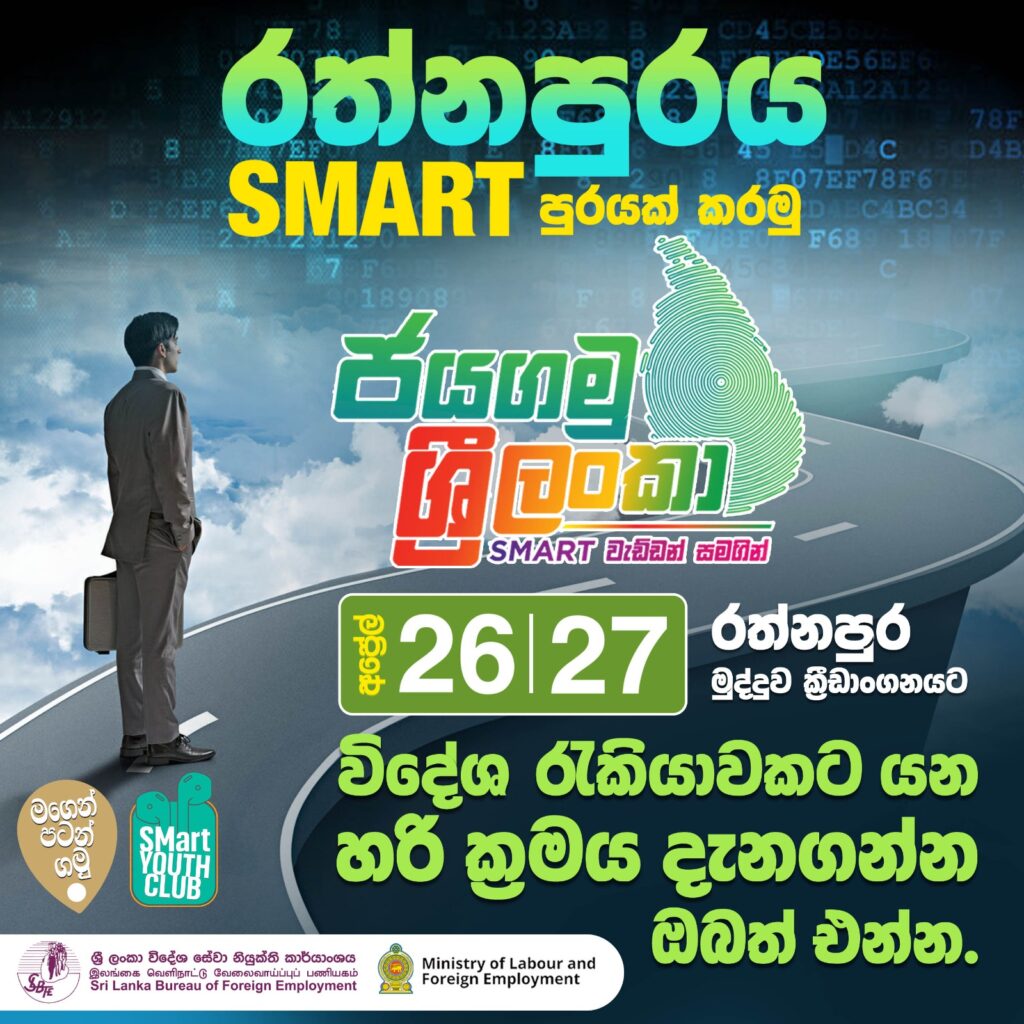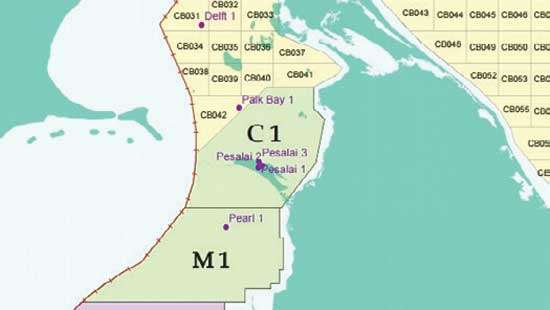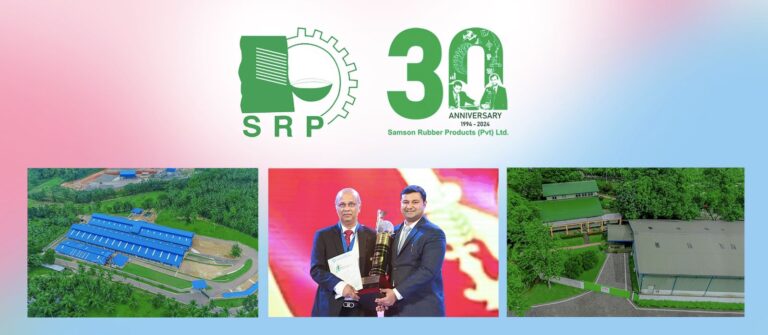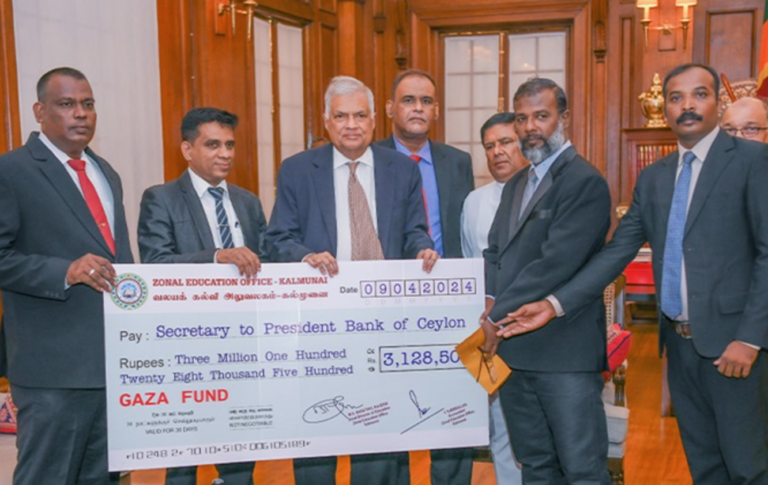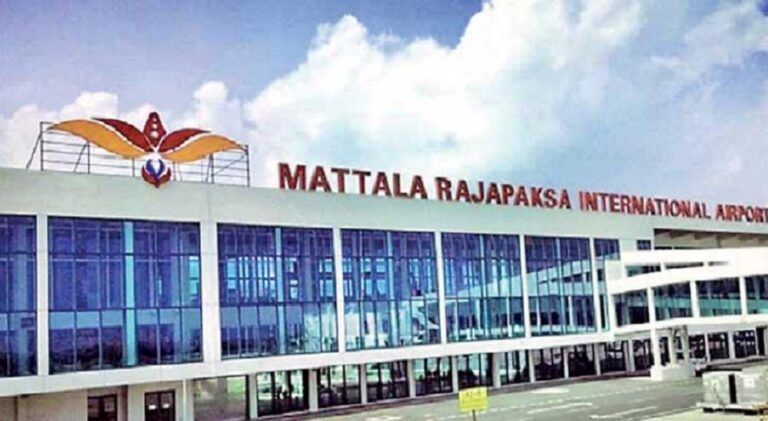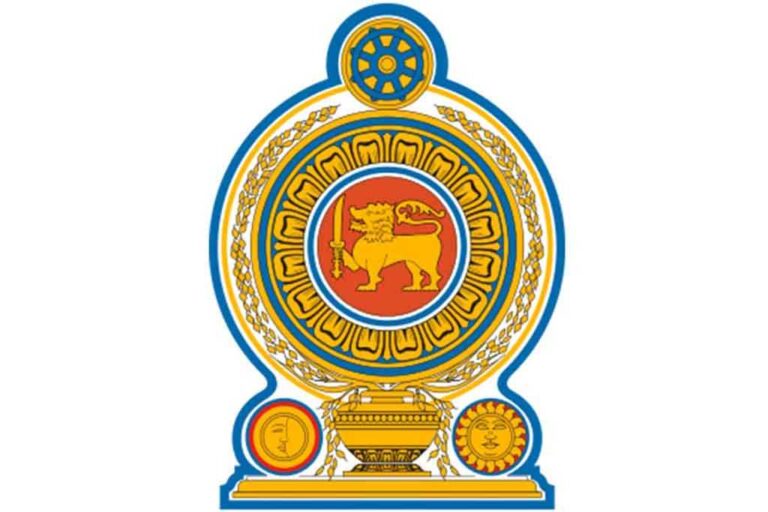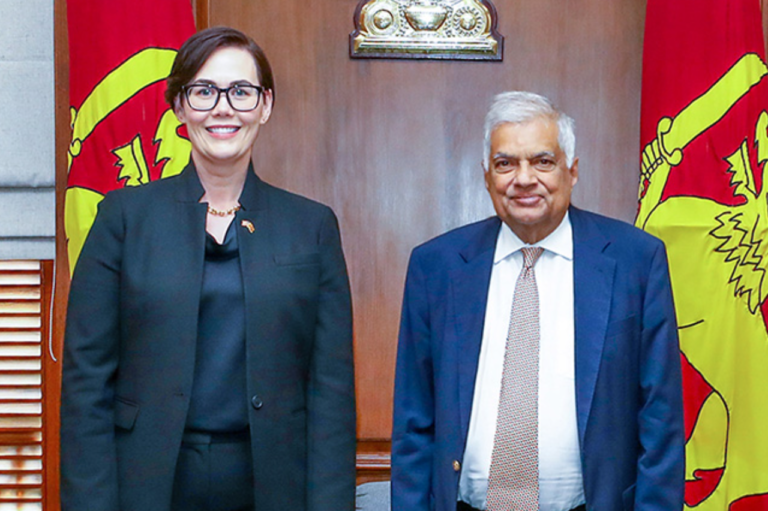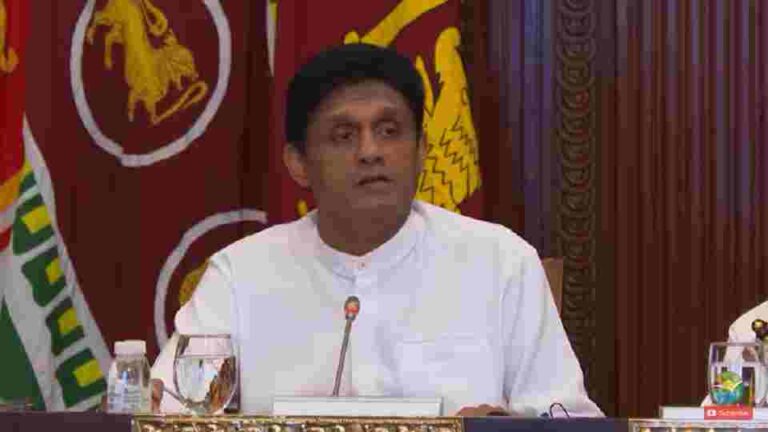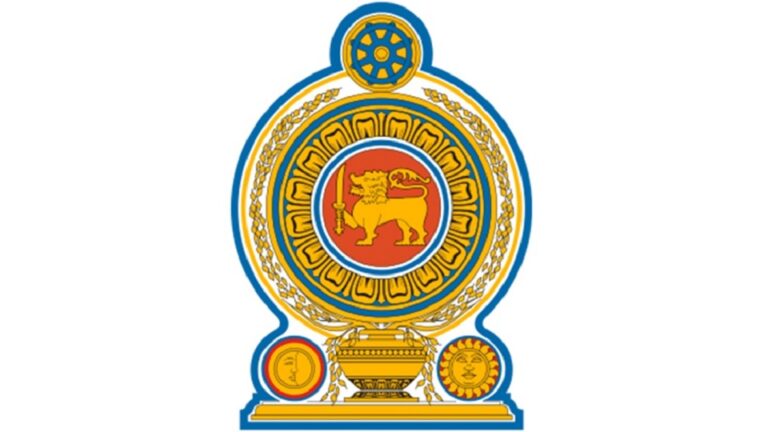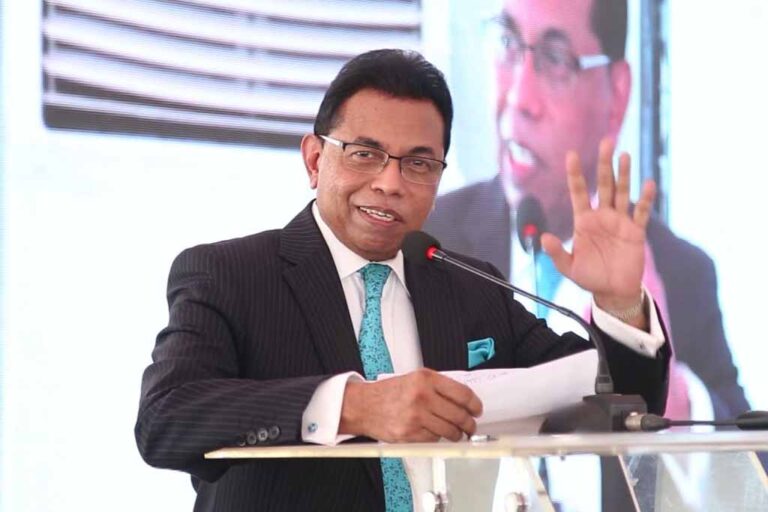By: Staff Writer
April 27, Colombo (LNW): Sri Lanka’s efforts to attract and leverage international investment into exploration and commercialisation of two blocks adding to over 5,000 square kilometres with potential oil and gas resources in the Mannar Basin have once again been gridlocked by legal challenges in the Court of Appeal.
This legal issue cropped up ata time when the authorities were preparing to issue two-year oil and gas exploration licenses for as many as 900 offshore blocks for foreign firms to scout for energy resources and bring in vital investments to the crisis-hit country, a top official said.
Starting up oil production is part of President Ranil Wickremesinghe’s plan to attract foreign investment as he seeks to stabilise the economy amid the country’s worst economic crisis in seven decades.
The new regulations were finalised by the government and set a framework for companies to sign an expression of interest (EOI) for exploring offshore assets around the country, state-run Petroleum Development Authority said .
According to the latest developments in the CA (Writ) Application No: 392/2023, the court found that a prima facie case has been established by the Petitioner, Serendive Energy.
Accordingly, the court issued orders restraining the 1st to 36th Respondents and/or its servants or agents from granting to any 3rd party other than the Petitioner the rights to offshore exploration of blocks M1 and C1, until a final determination is reached in the case.
Serendive Energy, which has a strategic alliance partnership with a large Indian conglomerate, commenced pursuit of legal remedies following a recent effort in 2023 to reverse exploration block award that had previously been made to the company.
Serendive Energy first participated in an open international tender (SL 2019-02) in 2019, and was awarded the blocks, Mannar Basin M1 and Cauvery Basin C1 in May 2021.
This decision took place following evaluations conducted by the Petroleum Development Authority and headed at the time by former Chairman Saliya Wickramasuriya and current Chairman Surath Ovitigama, who have long served among the nation’s leading domain experts on oil and gas.
As stated in the 2021 Ministry of Power and Energy Annual Report, “International competitive bids were called for in the year 2019 for the exploration and production of oil and gas of Mannar Block M1 and Cauvery Block C1 and the bid evaluation process had been concluded in May 2021.”
“Negotiations had been held by the Government of Sri Lanka throughout the year 2021 with Serendive Energy Ltd. for separate petroleum resources agreements in respect of M1 and C1 blocks, and about 90% of the negotiations have been concluded.
